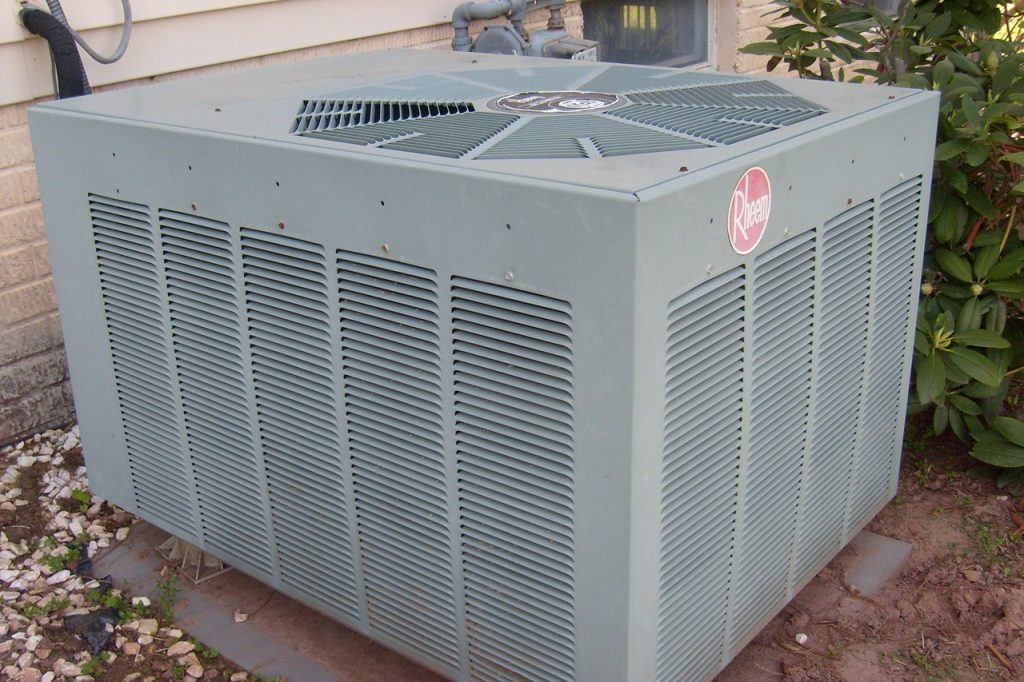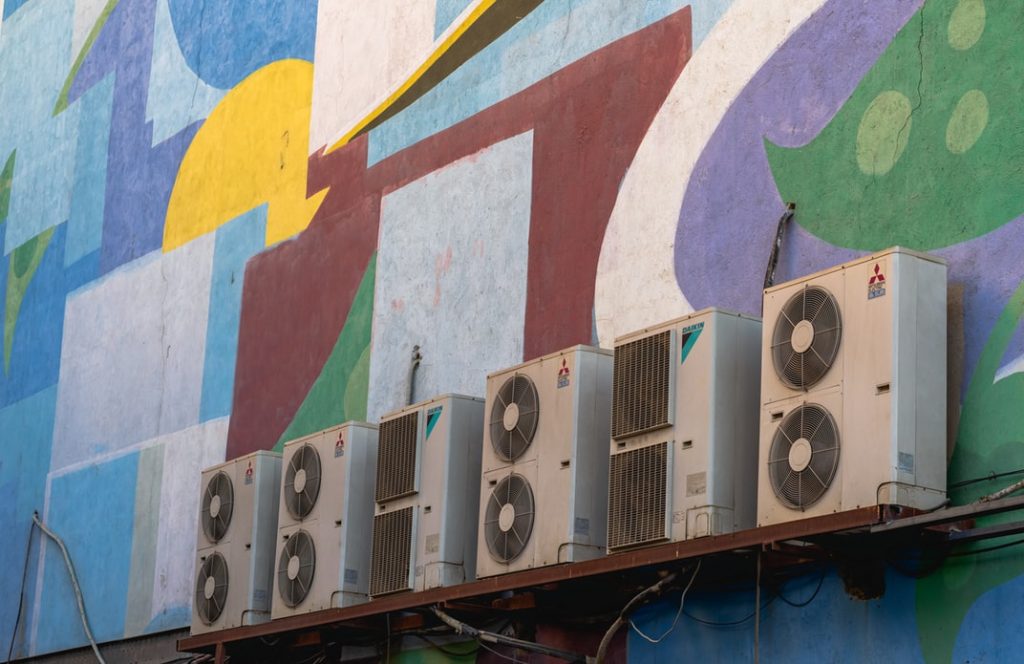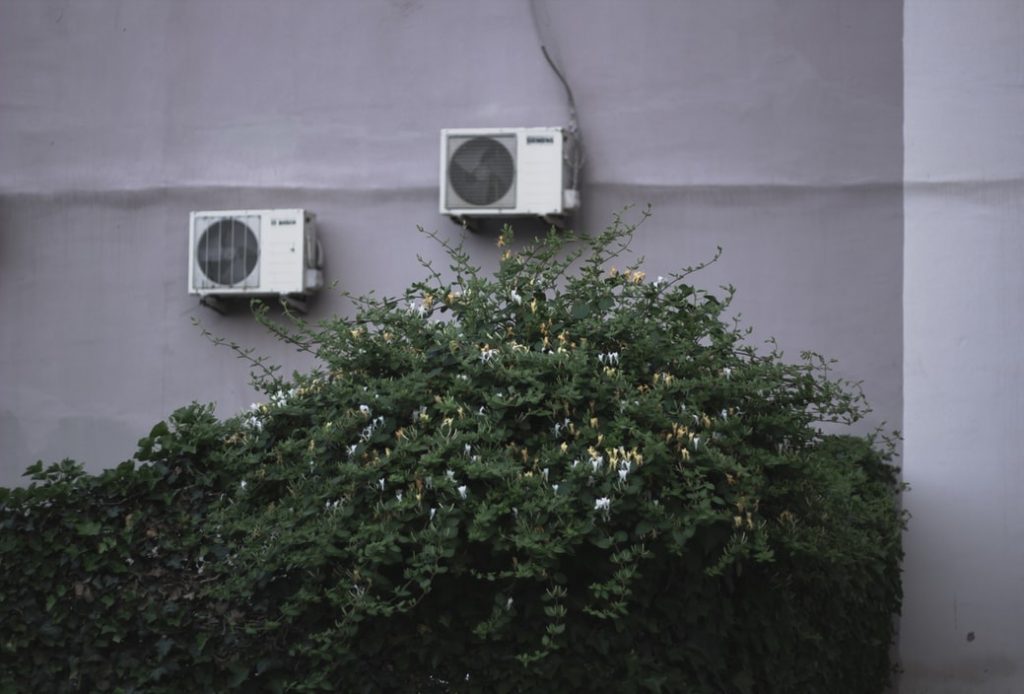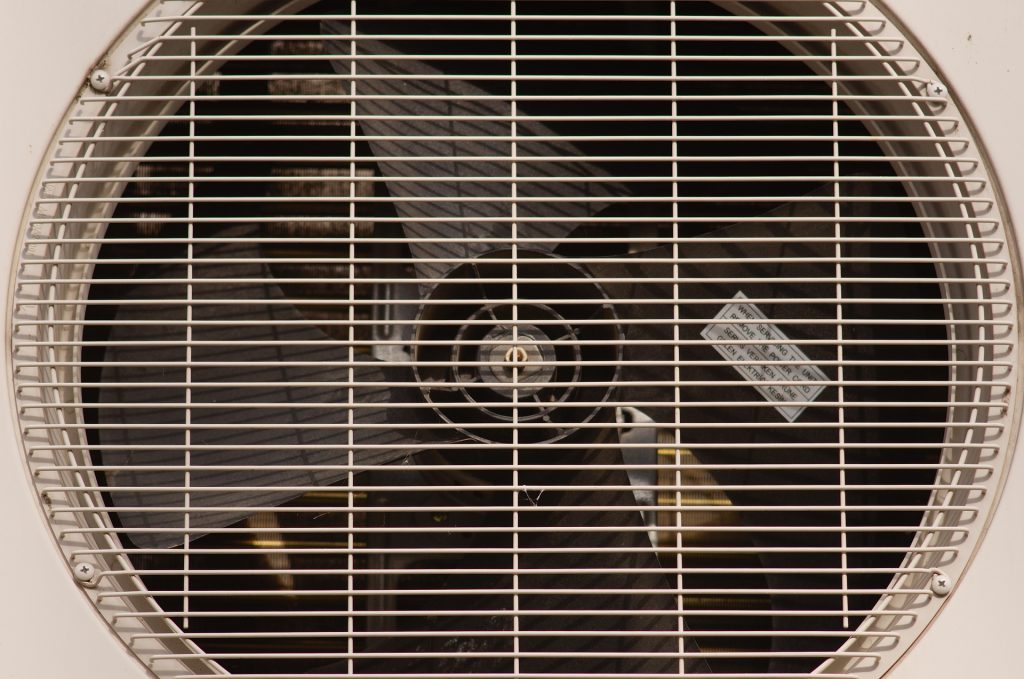The secret to owning an efficient air conditioner is ensuring you do thorough maintenance routines. That being said, there are some who are wondering whether or not they should cover their air conditioners. For more information on this, read How Long Does An Air Conditioner Last? Everything You Need To Know.
Now, you need to be careful with outside air conditioner covers. Sure, they can protect your air conditioner, however, you can permanently damage yours if you use them wrongly.
So do you really need a central air conditioner cover? If so, when and how do you use one without damaging your air conditioning unit? Read on to find out.
What is an air condition cover?
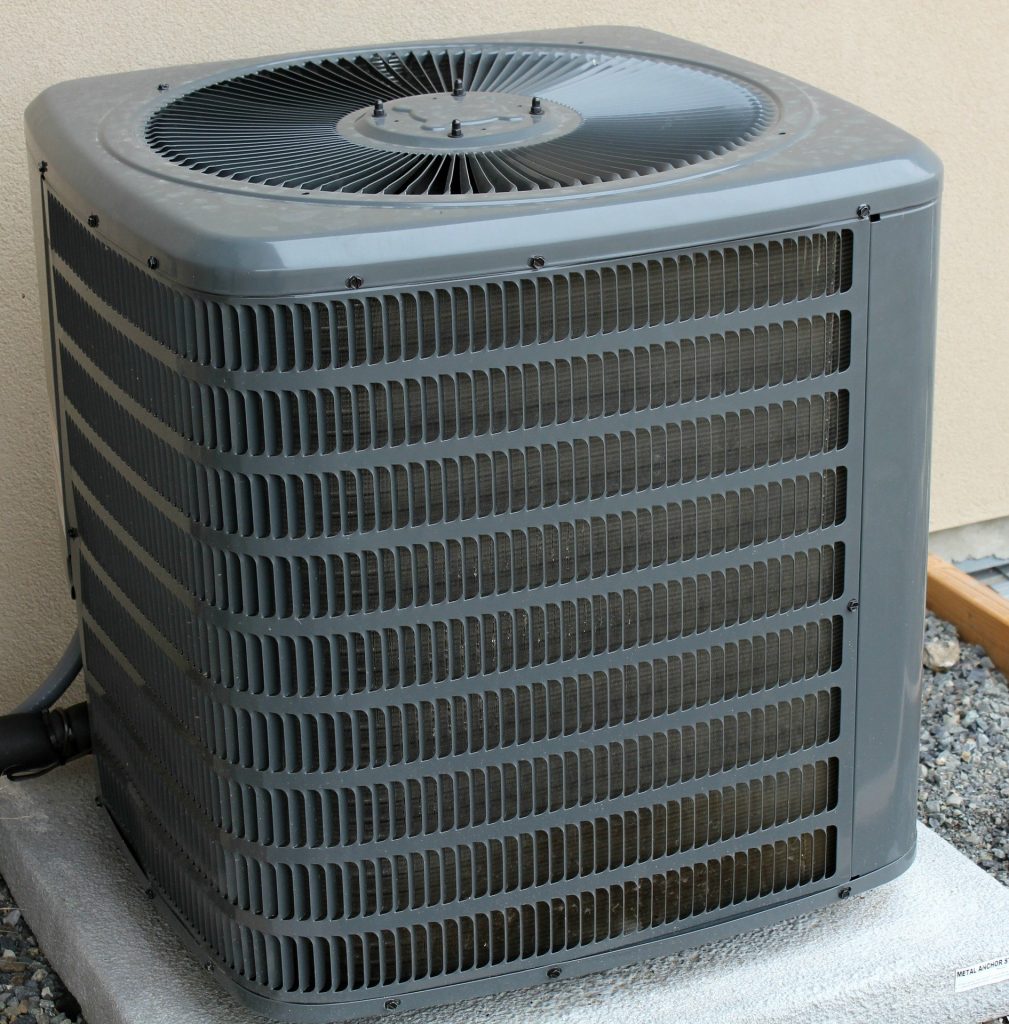
Air conditioner covers are special enclosures that are made to protect your air conditioner from damage caused by snow, leaves, rodents, and dirt. There are all sorts of air conditioner covers out there, some are wooden and some are plastic.
Do you really need a cover for your AC unit?
Not really. Don’t be confused. Allow us to explain.
Your air conditioner is built to resist harsh climatic conditions like heavy rain, intense snow, and the scorching heat. These air conditioners can even serve you through the armageddon! Their durability is among the few reasons why they come with hefty price tags. While contemplating about how your air conditioner can still function during the apocalypse, here are some of the most iconic places in Glendale and all of Arizona.
The condenser is covered with a tough finish to prevent corrosion. Its internal features (coils and mechanics) are also built to brave the worst.
Your air conditioner’s durability makes a strong argument as to why you don’t need outside air conditioning covers during the winter.
That being said, there are times when you’ll have to make an effort and cover your air conditioner to protect it from other elements apart from heat, snow, and rain.
Why you should not use central air conditioner covers
Durability is one thing. However, poorly covering your air conditioner can permanently damage it (especially during the winter). This information comes as a surprise to many people who thought that covering their air conditioners in the winter would actually prolong their lifespan.
Below are some of the reasons why you should not cover your air conditioner.
1. Rodent Infestation
Covering your air conditioner during the winter is like inviting rodents for a party in your unit. Rodents will be attracted to your air conditioner as they seek refuge from the cold. It’s all fun and games until they start chewing on wires and other components. The only fun I would recommend is learning about Scottsdale’s fun facts.
2. Mold Infestation
Covering your air conditioner will prevent moisture from escaping from your unit. Air conditioners were built to be free and wild in the open- To allow for wind to blow away the moisture. Moisture and dust build-up is a recipe for mold infestations that will reduce your air conditioner’s efficiency.
You can count on the experts on air conditioning in Phoenix if you sense there is any problem with your unit.
When is using an outside air conditioner cover a good idea?
We’re sure that you’re now convinced that covering your air conditioner in the winter is a bad idea.
So, when is it a good idea? Below are some of the scenarios where an air conditioner cover is necessary.
1. In the case of a blizzard
Blizzards are too extreme for your air conditioner. You can help your air conditioner a bit by covering it to keep some of the snow outside.
2. In the case of hail storms
Just like blizzards, hail storms are too extreme.
3. In fall (after summer)
Your air conditioner was built to protect itself from rain, snow, and heat. However, it will not keep out those leaves, nuts, and seeds- They can seriously damage your condenser’s mechanics if they get stuck inside the unit.
How should I cover my air conditioner?
- You should only cover the top of the outdoor unit and make sure the cover is at least 6 inches above the unit. Don’t cover the entire block.
- Don’t wrap your air conditioner with plastic covers. You’ll suffocate it. Instead, use covers made from breathable fabrics. We’d also advise you to use ply-wood covers- There are plenty of them online.
Sure, you now know that you’re not supposed to cover your air conditioner in the winter. How then are you supposed to protect your air conditioner in the winter?
Don’t worry. We’ve got you covered.
How can I prepare my air conditioner for the winter?
Phoenix isn’t known for harsh winters, however, you might be living in a place that receives inches of snow annually.
Our air conditioners have our backs during the hot summers and it’s only fair if we returned the favor in the cold winters. Below are some of the ways you can “winterize” your air conditioner.
1. Make sure it’s always turned off
As we all know, winter is characterized by ice and snow- basically water. You need to make sure you manually turn off your air conditioner. If it’s left on, the ice or snow will melt and find it’s way into your unit’s electrical circuit and damage it.
You can manually turn off your air conditioner by flipping the switch next to your AC’s condenser. Manually turning off your air conditioner also ensures it doesn’t accidentally turn on during the oddly warm winter days.
2. Clean the unit
After turning off your air conditioner, take a hose, and clean it up. You can also use a brush to scrub away all the dirt, twigs, leaves, and of course, animal poop. Your air conditioner isn’t going to be in service for quite some time. Leave it when it’s clean to prevent unnecessary breakdowns caused by blockages when you come to use it in the summer. To read more about cleaning AC units check out our article on Cleaning AC drain lines.
3. Clean/change the filters
Summer has just gone by and your unit’s filters are probably clogged with dirt and debris. Filter change is among the most important and simplest maintenance routines you can do at home. We’d advise you to clean/replace your filters at least once a month.
For more maintenance tips read 10+ Easy Air Conditioner Maintenance Tips
3. Inspect for cracks and leaks
Pay special attention to the casing. Make sure there are no cracks that will allow snow, dirt, and rodents to creep into the unit. If you notice any leaks or cracks, make sure you consult your HVAC professional. Hurry up, winter is coming!
4. Cover exposed pipes and wires
You need to keep your unit’s electrical wires as dry as possible during the cold winters. Do this by covering them with foam pipe covers (Pay special attention to the wires and pipes that are going into your home). Hold the foam covers in place using duct tape. It’s important to cover the pipes to prevent the refrigerant from freezing which will, in turn, crack the pipes.
Are your AC lines already frozen? Read Frozen AC Line: Why It Happens & What To Do About It
5. Check on your air conditioner every once in a while
Set in place a simple maintenance routine you can carry out maybe once every week.
A simple one. It can be just checking if some of the snow has made its way into the unit’s electrical components. You can also take some time to sweep away the snow, dirt, and leaves- This will save you a lot of time when summer arrives.
How can I prepare my air conditioner for the summer?
Recap.
First, air conditioner covers aren’t necessary.
Second, there are other ways you can prep your air conditioner for the winter.
Finally, we’d thought we’d also fill you in on how you can prepare your air conditioner for the summer. You know… Just a few tips to keep you going.
1. Remember to check the filters
We won’t get into this since we already talked about it. Just remember to clean or replace your filter once a month. You need to remove all that dirt and dust before it’s blown back into your room/house and makes you sick.
Are you wondering how in the world you’re supposed to clean your filters? Read How To Clean Air Conditioner Filter in 5 Easy Steps.
2. Clean the condenser coils
Go outside and clean the condenser coils. You need to remove all the leaves, dirt, and debris stuck there.
What are these condenser coils we’re talking about?
They are radiator-like fins usually located on your outside unit. There are special refrigerator coil brushes you can use for this job. You can also use a medium-pressure hose. However, you need to be careful not to bend the fins. If you use one, clean horizontally (parallel to the fins).
For more on condenser cleaning, read How To Clean AC Coils: 5 Tips.
3. Inspect the coolant lines
You must have heard about refrigerant leaks and how dangerous they can be to your health and the well-being of your air conditioner. Not only should you check for leaks, but you also look for areas without foam insulation. Foam insulation helps in preventing energy loss. Get new ones if the existing ones are missing or worn out.
4. Test your air conditioner
After cleaning and inspecting your air conditioner, it’s now time you tested it to make sure there are no problems that might blow up in the future. Below are the steps you should take:
Step 1: Make sure your thermostat is in good working condition. Set your desired room temperature and turn on your air conditioner.
Step 2: Listen as your air conditioner runs. Go outside and listen to the condenser. Listen for any weird noises. Place your hand over the outside unit. Warm air should be expelled from the condenser since it’s removed from your house.
Step 3: Let your air conditioner run for 30-45 minutes, then go about your house and make sure that all room temperatures are stable.
You’ve got to take care of your air conditioner if you want it to stick around for a bit longer. Regular maintenance routines are the secret to this. Don’t forget to call in your HVAC technician at least once a year for full system maintenance. Remember, it’s best if you don’t use air conditioner covers unless your facing an extreme weather condition. Just how frequently should you service your air conditioner? Click to find out.
For more of our content, you can check out the next articles on “What is a Multi Stage Water Filter?” and “Why does My Water Heater Smell?“.
Frequently Asked Questions
Is it good to cover your air conditioner in the winter?
Your air conditioner should be more than durable enough to withstand the elements without a cover – even in winter. In fact, placing a cover over your air conditioner during the wet months can encourage mold growth and animal infestation.
How do I protect my outside AC unit?
If you’re afraid of something (or something, in the case of animals) harming your air conditioner, you can build a cage around it. Aside from that, simply pull twigs out of the coils. You don’t need to go out of your way to protect your outside AC unit.
How do I protect my outside AC unit from rain?
This isn’t necessary; your outside AC unit is more than capable of withstanding rain. If you get frequent hailstorms, however, you may want to build a structure around your air conditioner.



